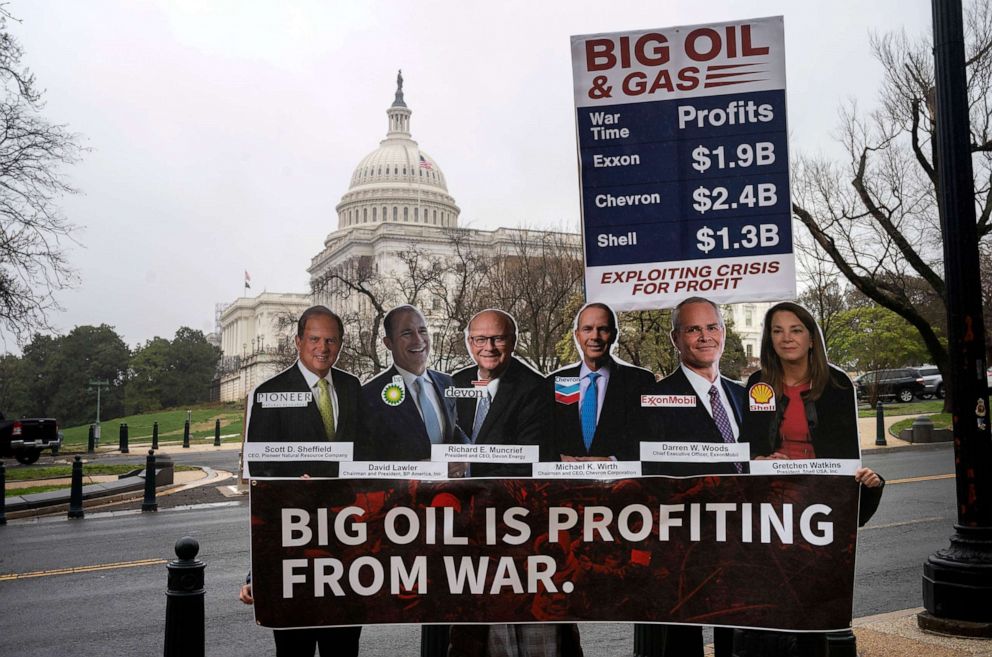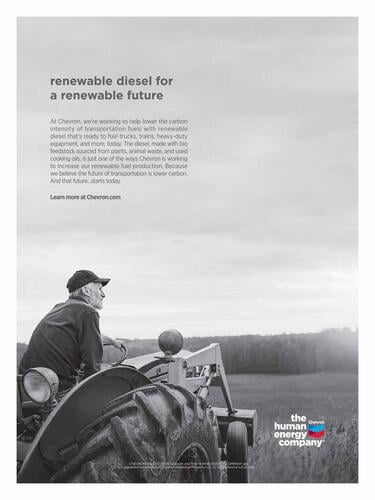
I was talking to someone today who has been involved in the climate fight for decades and he said something I've heard from a lot of folks in similar positions: Now that we're seeing such stark evidence of the climate crisis in every corner of the world, what is it that still makes people turn away from addressing the issue? People aren't a monolith and there are lots of different reasons why someone might be for or against acting on climate, but one thing I've been thinking about is the basic concept of fairness, and how absolutely wild it is that somehow the fossil fuel industry has managed to wrap itself up in it, convincing people that its product is the only solution to poverty and inequality in the world, when no industry has done more to rig the system, tip the scales in its favor, and capitalize on the misfortunes of average people. Several years ago I followed a group of crab fishermen that had decided to sue the world's largest fossil fuel companies over climate change. A significant number of the plaintiffs in the case didn't "believe" in climate change; they talked about ice ages and sun spots and chalked the changes we're seeing today up to natural warming patterns. And yet, they were named plaintiffs in a climate lawsuit. How had this happened? Their answer was that they'd been shown various patent applications that oil companies had submitted for all the infrastructure and machinery they'd need to continue operating in a melting world: tankers that could navigate a melting arctic, offshore platforms engineered to deal with sea-level rise, that sort of thing. "To us it doesn't really matter what's caused it, they knew it was coming and they used that information to prepare for it and they told the rest of us not to worry," one of them told me. Today, they're facing the shutdown of their industry thanks to warming waters, a shift that came as a surprise and has decimated entire towns. "We didn't have an equal time to prepare, and that's just not fair." It's not! Neither are the impacts of extreme weather events, or the massive subsidies oil companies get, or the record-breaking profits they're raking in while they blame Russia or climate policy for high gas prices, and average consumers for using the product they've worked so hard to addict us all to. You know what else isn't fair? The way they're going after protestors while working at the same time to expand their own speech rights, or the billions they spend on misleading advertising and lobbying every year, or the amount of power they wield not only in D.C. but all over the world...more power than any one country's government, or the way they're buying up sports to make us feel even more dependent on them, or the way they tell developing countries they're going to make them rich and solve their energy access issues and then just take their resources and turn their countries into plutocracies where somehow even fewer people have access to energy, the list goes on and on and on. So how is it that the climate movement has ceded fairness to the fossil fuel industry? How has the world's most powerful and profitable industry so easily convinced so many people that actually it's constantly being victimized, that they're the ones fighting for the little guy and really it's the climate activists who are elitists, that somehow nonprofits are the greedy pigs, not multi-national corporations? Well, as one PR insider put it to me recently, it's not the companies that made that happen, it's the PR firms! This sort of redirection is their bread and butter. Got a client with a problematic product? Connect them to something that people like instead—football, Americana, freedom; distract them with sporting events and museum sponsorships and scholarships for poor kids; project their problems onto the other guy, accuse them of the stuff your client is doing; connect your client to a cause, an identity; talk about the jobs they create (and never talk about the workers they kill, or the jobs they replace with machines to make more money); make everything about the demand, not the supply—they're just giving you what you want, if you don't like it, take a look in the mirror. The climate movement has truth and moral clarity on its side, and for a long time people within it believed that was enough. But if truth and moral clarity were enough to change unjust systems, we would have never had slavery or Jim Crow in this country for as long as we did, Indigenous peoples all over the world wouldn't still be having to fight for their land back. It's unfortunately not enough to combat a propaganda machine. Climate folks are waking up to that fact, and fortunately there's one area where truth and ethics can give you the upper hand: storytelling. The fossil fuel industry doesn't have any authentic stories, and even with budgets that dwarf those of any environmental group, it's hard for smoke and mirrors to be more compelling than authenticity. As people start to talk in the lead-up to the annual UN climate summit about complex geopolitical tradeoffs or percentages of a degree or the math behind loss and damages, it can be easy to get overwhelmed or feel like there are just so many complex issues to figure out that we'll never get there. It's important to remember that underneath it all is a tale as old as time and a concept so easy to understand it's one of the first moral lessons that toddlers grasp. People who already had more than everyone else took away our future to line their pockets just a little bit more.


